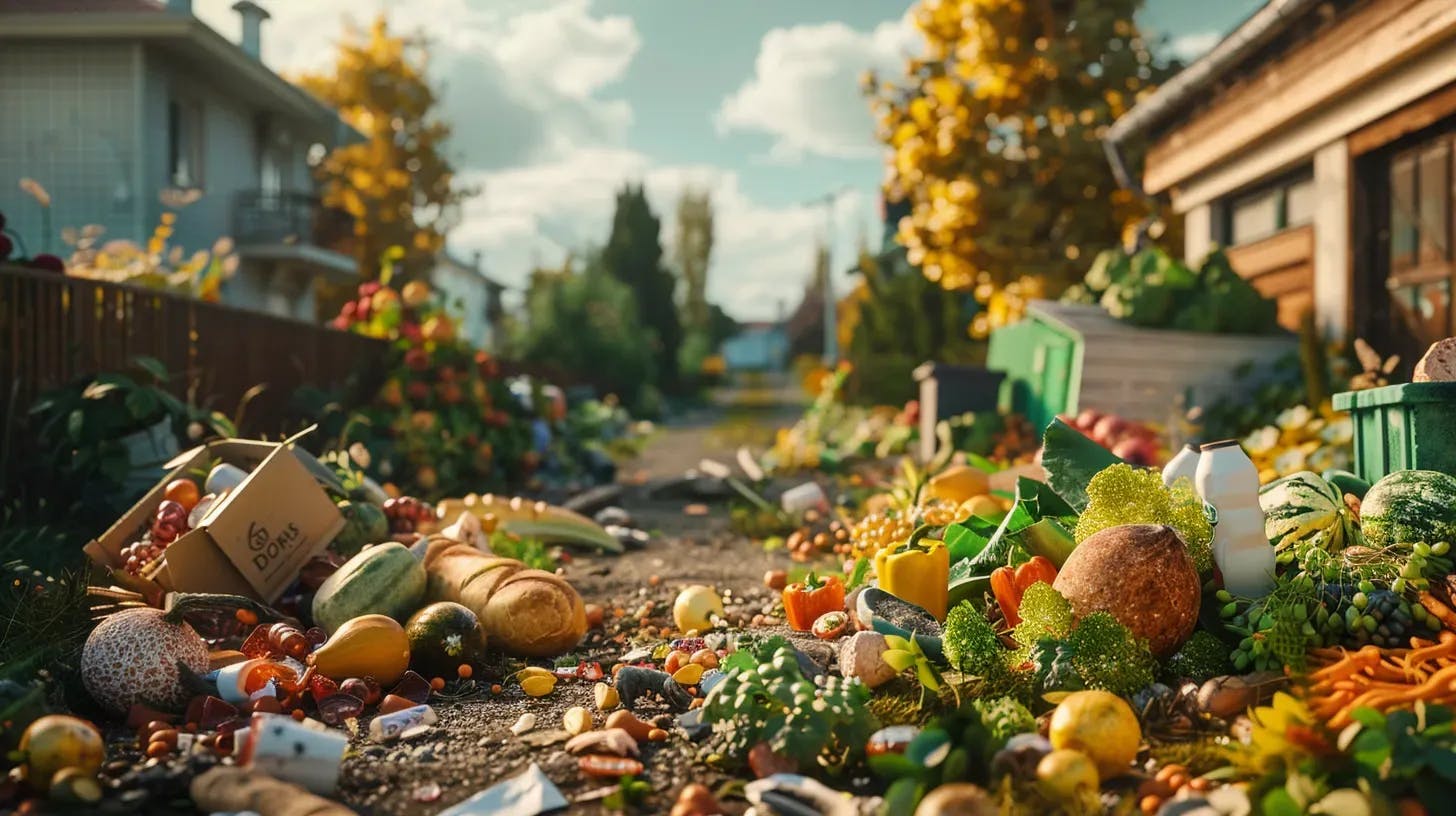Recycling and Composting Guide
Sustainability & Eco-Friendly Living
To-Do List

Colorful fruits and flowers are bursting out of dumpsters under a bright blue sky.
In the quest to curb waste accumulation and promote environmental preservation, every individual can make a sizeable difference. This guide presents diverse ways to contribute to the global green movement individually; it embodies the principle that proper waste management stems from awareness and practical action.
The primary focus is on promoting recycling practices and enlightening users on the nuances of composting. It's not just about separating paper and plastic, it goes a layer deeper by understanding what materials are truly recyclable and how to dispose of them correctly. Composting, on the other hand, is a fantastic way to reduce organic waste while enriching your garden soil. This guide provides step-by-step information, making the otherwise complicated process of composting straightforward, even for beginners. The aim is to inspire individual action leading to collective environmental change — making our planet greener one step at a time.